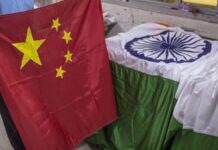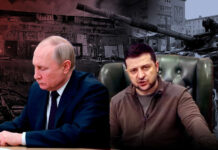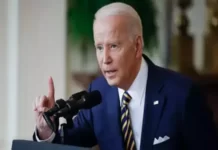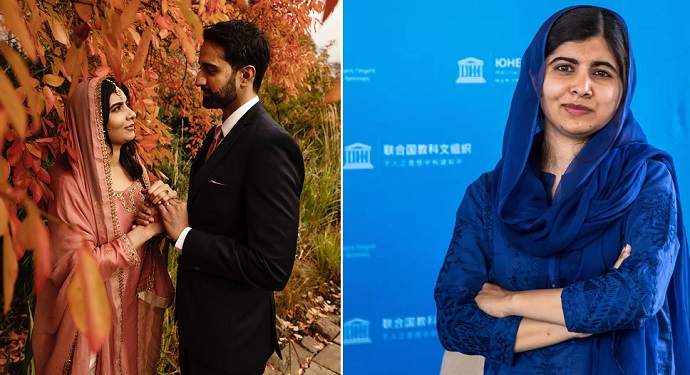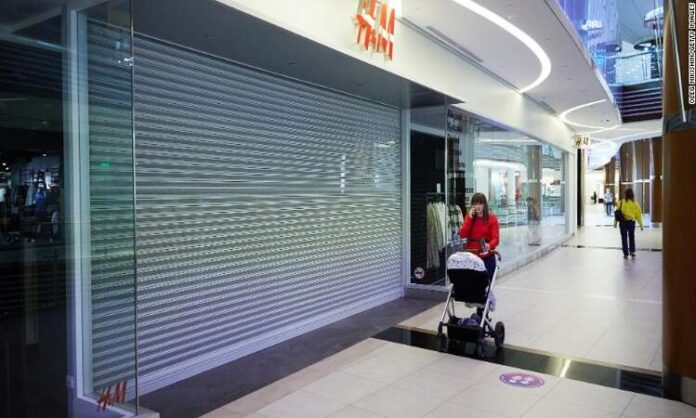
Thousands of Russians queued at Moscow’s crowded Pushkin Square on January 31, 1990, to enter the country’s first-ever McDonald’s. It was a watershed moment in the country’s culture. The Iron Curtain, which had been separating Eastern and Western Europe for decades, had just recently come down. Big Macs could now be served to Russian consumers by the fast-food business favoured by Americans and many others.
McDonald’s has nearly 850 locations around the country after 32 years. However, it was announced on Tuesday that their doors will be closing. McDonald’s, like many other major Western corporations such as IKEA, H&M, Coca-Cola, and Starbucks, has opted to halt business in Russia in response to Moscow’s invasion of Ukraine. PepsiCo has also announced that some of its goods, including as Pepsi Cola and 7-Up, will no longer be sold in the country.
Of course, Russians have the option of eating and shopping elsewhere; since the collapse of the Soviet Union, several domestic chains have sprouted across the huge country. However, these worldwide firms’ decision to stop doing business in Russia, which came after many rounds of harsh Western sanctions and widespread public pressure on moral grounds, still marks the end of an era.
“Coca-Cola, Pepsi, and McDonald’s were emblems of Russia’s westernisation and opening to the rest of the globe. And the fact that these enterprises are departing… indicates and emphasises the amount to which Russia is closing in on itself “Gulnaz Sharafutdinova, a Russian politics professor at King’s College London’s Russia Institute, agreed.
The first McDonald’s on Pushkin Square, known to Russians as Pushkinskaya Square, had 700 seats and was the company’s largest store anywhere in the globe for many years. McDonald’s was seen by young middle-class Russians growing up in the 1990s as a hip and alluringly foreign place to celebrate memorable birthdays with pals.
As the twenty-first century progressed, the chain became a less potent icon of American culture, but it remained a popular hangout for Russian college students looking for cheap lunches or dates, as well as a quick and inexpensive dining alternative for others. Tens of thousands of Russians were employed as a result of its branches.
All of that is no longer the case, at least for the time being. “Our values mean we can’t ignore the needless human suffering unfolding in Ukraine,” McDonald’s CEO Chris Kempczinski wrote in a statement to employees on Tuesday, announcing the company’s decision to suspend operations in the country. He went on to say that it was “difficult to predict” when the company’s restaurants would reopen. McDonald’s has yet to respond to CNN’s request for confirmation of the final closing date for its restaurants.
“How long it takes Russia to go through the difficult, dark, toxic authoritarian-slash-totalitarian dictatorial period will depend on how long it takes Russia to go through the difficult, dark, toxic authoritarian-slash-totalitarian dictatorial period.” “We’re also fairly clear that changing our ways will take a lot of effort — social, political, economic, and leadership effort.”

